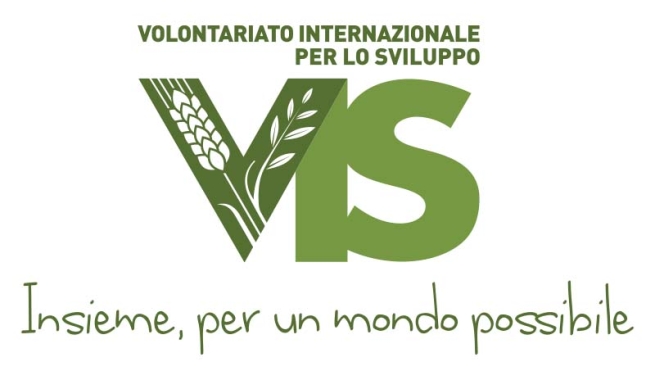The issue of transparency and aid effectiveness in development cooperation has long been a topic of international debate and discussion. In today's highly evolving context, key players working in this field (NGOs, associations, non-profit organizations...) are facing increasing pressure to demonstrate their accountability, legitimacy and effectiveness.
Transparency and accountability on the part of these organizations represent one of the most important challenges today for all those involved in development cooperation activities: not only the direct protagonists, who can see their commitment and professionalism properly assessed; but also for donors, who have the right to receive detailed reports from the different organizations on the specific project or individual activity they have supported; for the beneficiaries of projects, who often do not know where the resources come from and have no information about the organizations beyond the context in which they see them operating; and for the general public, which is increasingly and dutifully interested in knowing how resources are used and what the concrete results of projects financed with both private and public funds are.
According to the report compiled by "Open Cooperation" in 2021, VIS, which annually publishes all data in the social report section of its website, is among the top ten Italian NGOs by the number of projects (124) and those with the highest level of transparency (100 percent).
VIS, a Salesian NGO founded in 1986, now operates in 40 countries with nearly 100 international solidarity and development cooperation projects, relying on the qualified commitment of 285 operators and local staff members. All together they carry out development and solidarity initiatives in the style of Don Bosco and manage to benefit a total of about 420,000 people around the world.
The publication of "Open Cooperazione" represents an independent assessment of the transparency of Italian NGOs; it takes place thanks to the inclusion on the platform that each organization makes of its own data on staff, projects, charges and use of funds, in view of the fact that the international orientation on the measurement of results and evaluation of NGOs' performance is to focus on information sharing and openness of data (open data), making the most of the network's potential.


